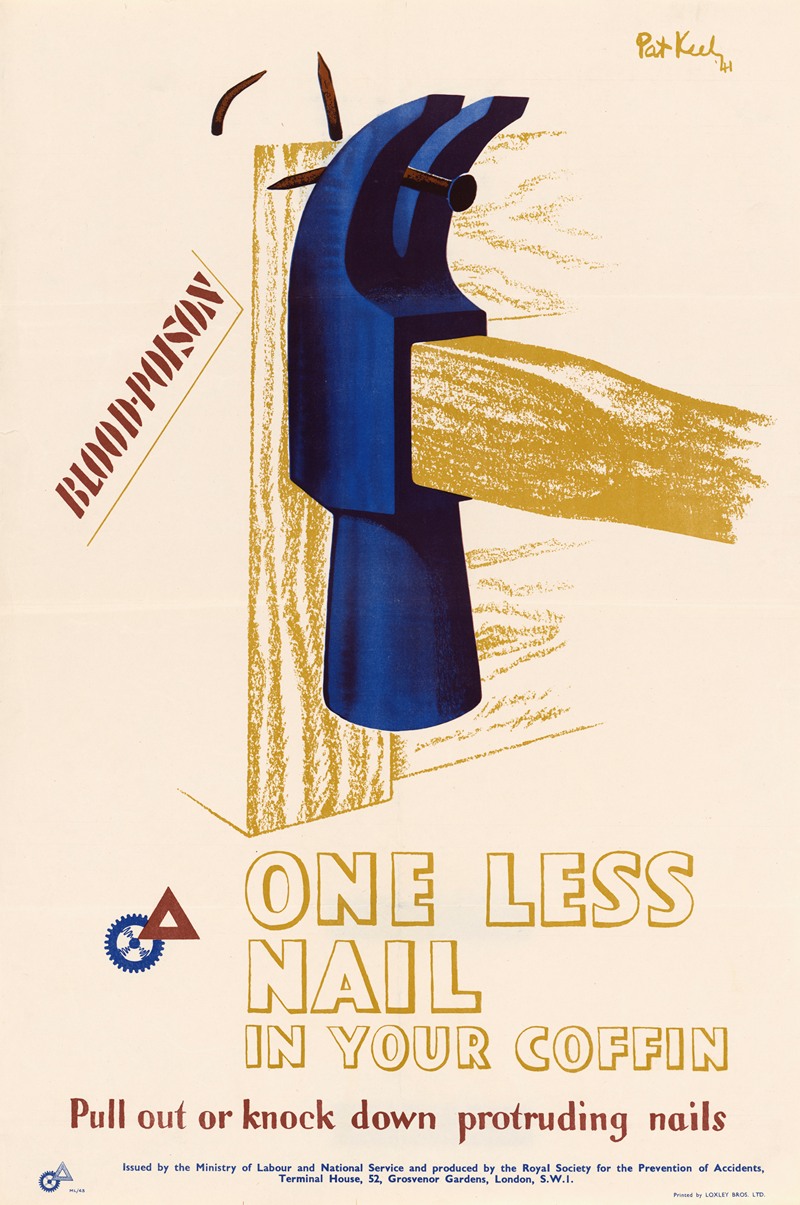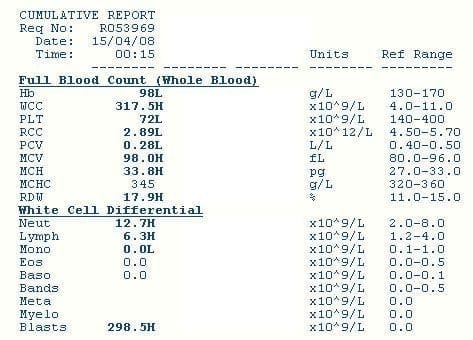Study: Blood Pressure Telemonitoring in a Big US PD Population
페이지 정보

본문
 Home distant monitoring (HRM) is a telehealth technique that utilizes cellular expertise to transmit patients’ biometric knowledge collected at dwelling to the digital well being file of their dialysis supplier. In April 2017, a HRM program was launched for peritoneal dialysis (PD) patients all through the United States. This study carried out by the home Dialysis staff of DaVita Kidney Care evaluated longitudinal traits in at-home blood monitoring stress (BP) management among PD patients taking part within the HRM program. As of June 2020, we recognized 21,731 HRM patients lively since program inception. Of those, BloodVitals review 19,795 patients had 90-day BP transmission outcomes. A complete of 4.5 million individual BP measurements were transmitted, BloodVitals health with 179 readings per affected person on common over 41 months. In complete, 915,000 BP alerts occurred (40 BP alerts/patient). The following outcomes have been tracked month-to-month for all patients: imply BP, mean arterial BP (MAPB), variety of transmitted BP measurements, variety of BP alerts and variety of antihypertensive (anti-HTN) medications prescribed.
Home distant monitoring (HRM) is a telehealth technique that utilizes cellular expertise to transmit patients’ biometric knowledge collected at dwelling to the digital well being file of their dialysis supplier. In April 2017, a HRM program was launched for peritoneal dialysis (PD) patients all through the United States. This study carried out by the home Dialysis staff of DaVita Kidney Care evaluated longitudinal traits in at-home blood monitoring stress (BP) management among PD patients taking part within the HRM program. As of June 2020, we recognized 21,731 HRM patients lively since program inception. Of those, BloodVitals review 19,795 patients had 90-day BP transmission outcomes. A complete of 4.5 million individual BP measurements were transmitted, BloodVitals health with 179 readings per affected person on common over 41 months. In complete, 915,000 BP alerts occurred (40 BP alerts/patient). The following outcomes have been tracked month-to-month for all patients: imply BP, mean arterial BP (MAPB), variety of transmitted BP measurements, variety of BP alerts and variety of antihypertensive (anti-HTN) medications prescribed.
BP alert thresholds had been determined on a affected person-by-affected person basis by the treating physician. Analysis of the transmitted results noted: 31.5% of patients (pts.) achieved the target BP of lower than 130/80 mm Hg (range 110-130mmHg), 13.6% pts. 97. We observed 30%, 23%, and 47%, of patients prescribed 0, 1 to 3, and more than three anti-HTN medications, respectively. A major percentage of PD patients didn't see an enchancment in MABP or improved regulation of BP in the course of the commentary period. In conclusion, Blood Vitals HRM will be efficiently employed to seize affected person BP readings in the home setting. However the HRM outcomes identified a major share of PD patients with uncontrolled BP through the statement interval. Considering these outcomes, making use of newer technological improvements to research BP readings potentially via AI platforms linked to appropriate therapeutic motion steps is critical. Ongoing studies are focused on choice of antihypertensive medication lessons and applicable prescription adjustments to optimize volume standing (i.e., ultrafiltration charge/day, and use of present vs goal weights). HRM might be a probably useful element of clinical applications designed to improve BP control and cardiovascular outcomes, but warrant additional efforts to optimize management.
Confusion will not be uncommon after surgical procedure, especially in the first few hours following surgical procedure. General anesthesia, which renders the affected person unconscious for the process and sometimes for hours afterward, at-home blood monitoring is extra prone to cause confusion than other kinds of anesthesia. It is normal to ask questions repeatedly, forgetting that the query was requested and at-home blood monitoring answered, on account of anesthesia and pain medications. For most patients, this forgetfulness and confusion clears up in the first few hours after surgery. For others, it may final a day. For some, confusion will increase in the times following the process. In those instances, it is very important to try to determine the reason for the confusion and proper the issue as quickly as attainable. Infection: An infection, especially in older patients, could cause vital confusion and at-home blood monitoring disorientation. Urinary tract infections are well known for at-home blood monitoring inflicting patients to behave abnormally, but other forms of infection can lead to comparable symptoms. Poor Pain Control: A patient who is in significant pain is more prone to be confused, this may be due to the ache itself, or the problems that the ache causes, such as poor high quality of sleep.

Good ache management is crucial for these patients, which doesn't mean there can be no ache but a decrease in ache that makes it doable to relaxation properly. Anesthesia: Anesthetics are well known to cause confusion, but this typically decreases because the body processes the medications and removes them from circulation. Some medications may cause significant forgetfulness within the hours immediately after surgery, which is a standard aspect impact of anesthesia. Medication Interaction: New medications prescribed for surgery and the restoration period can have an unintended interaction with the medications that the affected person routinely takes at house. New Medication: New medications, especially those for ache and sleep, could cause disorientation, grogginess and make patients sleepy. In rare circumstances, new medications might have an unintended and unexpected aspect impact of agitation or sleeplessness. Low Oxygen Levels: If the patient just isn't getting enough oxygen, agitation and confusion will be one of the first indicators. Typically, oxygen levels are monitored in the hours following surgery, so this can be corrected shortly with supplemental oxygen.
Patients who're groggy after a process, or those who've breathing points resembling sleep apnea or pulmonary illness, are more likely to expertise issues with oxygenation after surgery. High Carbon Dioxide Levels: When a patient isn’t respiratory as well as they need to, they will begin to retain carbon dioxide of their blood, which might lead to confusion and agitation. Treatment for this is often an oxygen mask, which can help the patient breathe more efficiently and exhale more carbon dioxide. Interruption in Sleep-Wake Cycles: BloodVitals SPO2 The hospital is a horrible place to try to get a great night’s sleep. Vital indicators are taken around the clock, medications are given within the wee hours of the evening, lab attracts are sometimes performed in the early morning hours-this stuff a recipe for sleep deprivation. Some patients can get their days and nights confused, or lose monitor of time solely. For others, this interruption in their normal routine could cause dramatic adjustments in persona and at-home blood monitoring may require medical intervention as a way to get sufficient sleep.
- 이전글This Is The History Of Buy Fake Money Cryptocurrency In 10 Milestones 25.09.29
- 다음글10 Unexpected Theory Test For Driver's License B Austria Tips 25.09.29
댓글목록
등록된 댓글이 없습니다.
